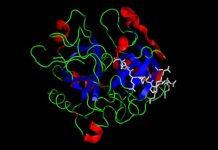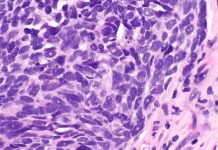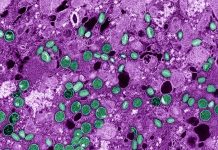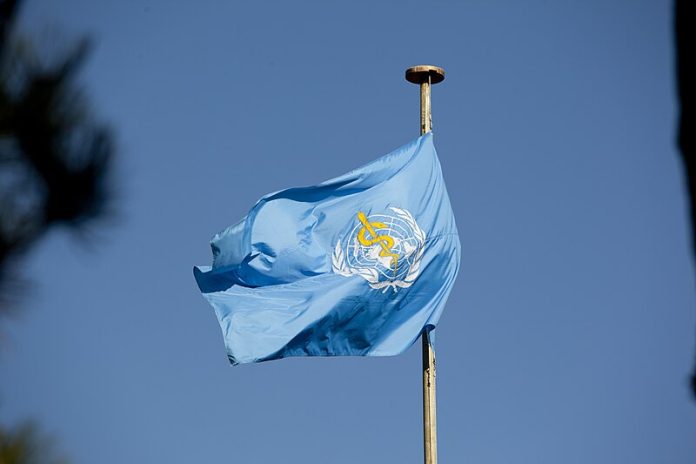A new global network of laboratories for coronaviruses, CoViNet, has been launched by WHO. The aim behind this initiative is to bring together surveillance programs and reference laboratories to support enhanced epidemiological monitoring and laboratory (phenotypic and genotypic) assessment of SARS-CoV-2, MERS-CoV and novel coronaviruses of public health importance.
The newly launched network expands on the “WHO SARS-CoV-2 Reference Laboratory Network” established earlier in January 2020, with the initial objective to provide confirmatory testing to countries with no or little testing capacity for SARS-CoV-2. Since then, the needs for SARS-CoV-2 have evolved and monitoring the evolution of the virus, spread of variants and assessing the impact of variants on public health remains essential.
After several years of the COVID-19 pandemic, WHO has decided to broaden and revise the scope, objectives and terms of reference and establish a new ‘WHO Coronavirus Network” (CoViNet) with enhanced epidemiological and laboratory capacities including: (i) expertise in animal health and environmental surveillance; (ii) other coronaviruses, including MERS-CoV; and (iii) the identification of novel coronaviruses that could negatively affect human health.
CoViNet , thus, is a network of global laboratories with expertise in human, animal and environmental coronavirus surveillance with the following core objectives:
- early and accurate detection of SARS-CoV-2, MERS-CoV and novel coronaviruses of public health importance;
- surveillance and monitoring of the global circulation and evolution of SARS-CoV, MERS-CoV and novel coronaviruses of public health importance recognizing the need for a “One Health” approach;
- timely risk assessment for SARS-CoV-2, MERS-CoV and novel coronaviruses of public health importance, to inform WHO policy related to a range of public health and medical counter measures; and
- support for capacity building2 of laboratories relevant to the needs of WHO and CoViNet, particularly those in low- and middle-income countries, for SARS-CoV-2, MERS-CoV and novel coronaviruses of public health importance.
The network currently includes 36 laboratories from 21 countries in all 6 WHO regions.
Representatives of the laboratories met in Geneva on 26 – 27 March to finalize an action plan for 2024-2025 so that WHO Member States are better equipped for early detection, risk assessment, and response to coronavirus-related health challenges.
Data generated through CoViNet’s efforts will guide the work of WHO’s Technical Advisory Groups on Viral Evolution (TAG-VE) and Vaccine Composition (TAG-CO-VAC) and others, ensuring global health policies and tools are based on the latest scientific information.
The COVID-19 pandemic is over however epidemic and pandemic risks posed by the coronaviruses are significant in view of past history. Hence the need to better understand high risk coronaviruses like SARS, MERS and SARS-CoV-2 and to detect novel coronaviruses. The new global network of laboratories should ensure timely detection, monitoring and assessment of coronaviruses of public health importance.
***
Sources:
- WHO launches CoViNet: a global network for coronaviruses. Posted 27 March 2024. Available at https://www.who.int/news/item/27-03-2024-who-launches-covinet–a-global-network-for-coronaviruses
- WHO Coronavirus Network (CoViNet). Available at https://www.who.int/groups/who-coronavirus-network
***




































